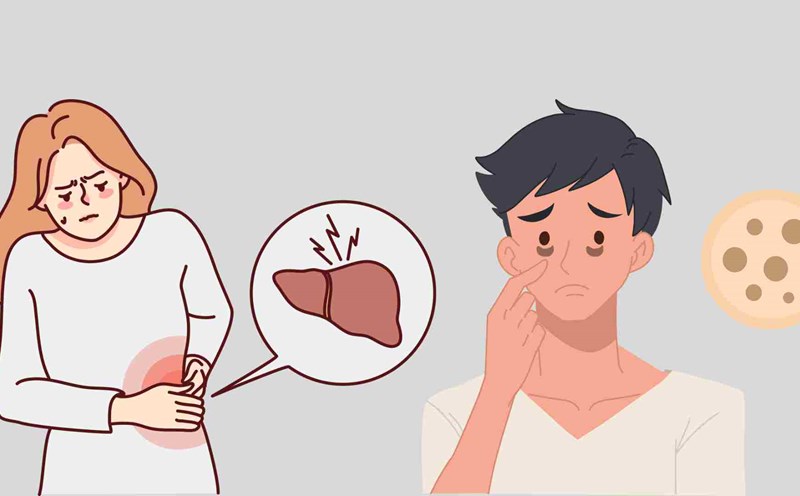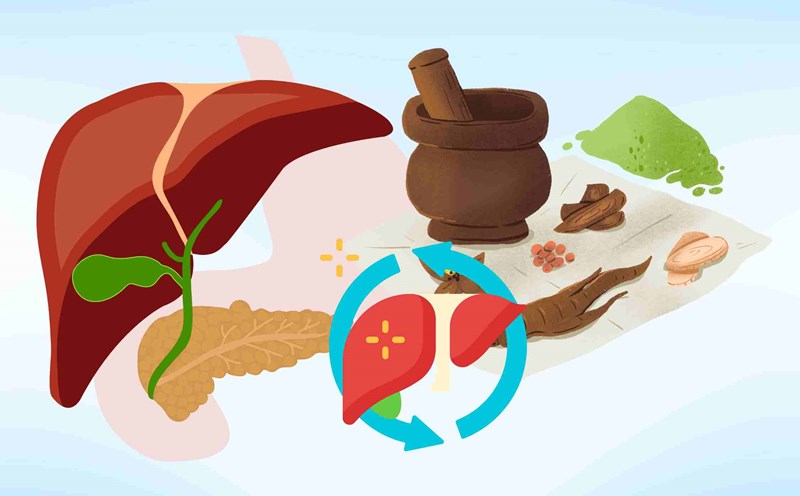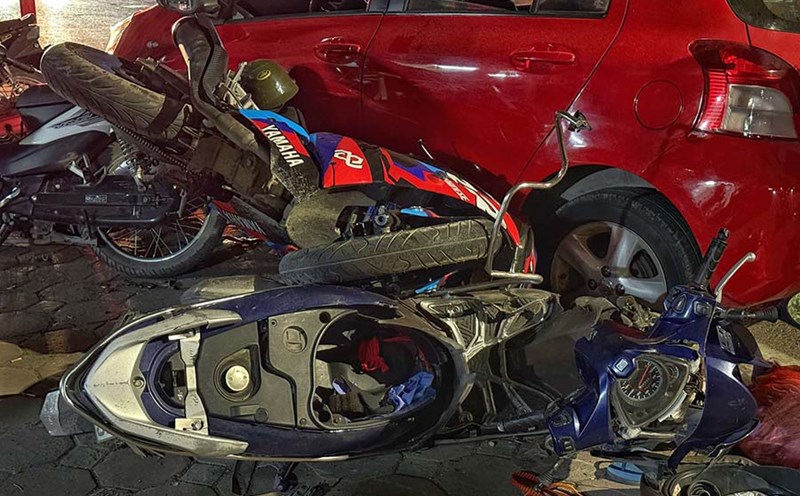Many international studies have shown a direct link between some popular drinks and degeneration, chronic liver damage.
Alcohol is at the top of the list of drinks that are dangerous for the liver. According to the World Health Organization (WHO), alcohol abuse is the leading cause of cirrhosis on a global scale, especially common in men aged 30 - 60. When absorbed into the body, alcohol is metabolized through the liver, producing acetaldehyde - a Toxin that can cause inflammation and destroy liver cells.
Professor Roger Williams, a British liver expert, warned in a report by the London Institute for liver Research: No level of alcohol consumption is completely safe for the liver. Even with a moderate dose, regular alcohol consumption will gradually impair liver function, causing chronic hepatitis and leading to cirrhosis.
Sweet drinks such as carbonated soft drinks, milk tea, and bottled fruit juices have also been shown to be harmful to the liver, especially in the context of an outbreak of non-alcoholic fatty liver disease (NAFLD). Consuming too much fructose - a popular sugar in soft drinks - causes the liver to work overtime to metabolize, accumulate fat in liver cells and trigger an inflammatory reaction.
A 2021 study published in the American journal Hepatology showed that people who drink more than a can of soft drink per day are 2.5 times more likely to develop fatty liver disease than those who do not drink it.
Dr. Michelle Long, a liver expert at Boston University (USA), emphasized: The habit of drinking soft drinks every day is the fastest way to fatty liver. If this condition persists uncontrolled, it can progress to hepatitis, cirrhosis, and even liver cancer.
In addition, coffee and energy drinks - thought to help keep busy and be effective at work - bring many risks if abused. Coffee, if consumed in moderation, can actually benefit the liver thanks to its antioxidant compounds. However, when used excessively or replaced with energy drinks containing caffeine and sugar, the risk of liver damage increases significantly. Many cases of acute liver damage in young people have been recorded related to drinking 4 to 5 cans of energy drinks per day for a short time.
Dr. Lucia Sanchez, a geopath at the University of Barcelona ( Spain), warned: "We have seen patients aged 20 to 30 who have to be hospitalized for acute liver damage, not caused by alcohol, but due to overuse of energy drinks. This is a new but increasingly common risk, especially among young people.
From the above warnings, it can be seen that adjusting your water drinking habits is extremely necessary to protect the liver. Experts from the American liver Federation (ALF) recommend that adults should prioritize water, unsweetened lemon water or green tea; minimize alcoholic beverages and industrial soft drinks. In particular, it is necessary to carefully read the nutritional composition and sugar content when choosing bottled drinks.











